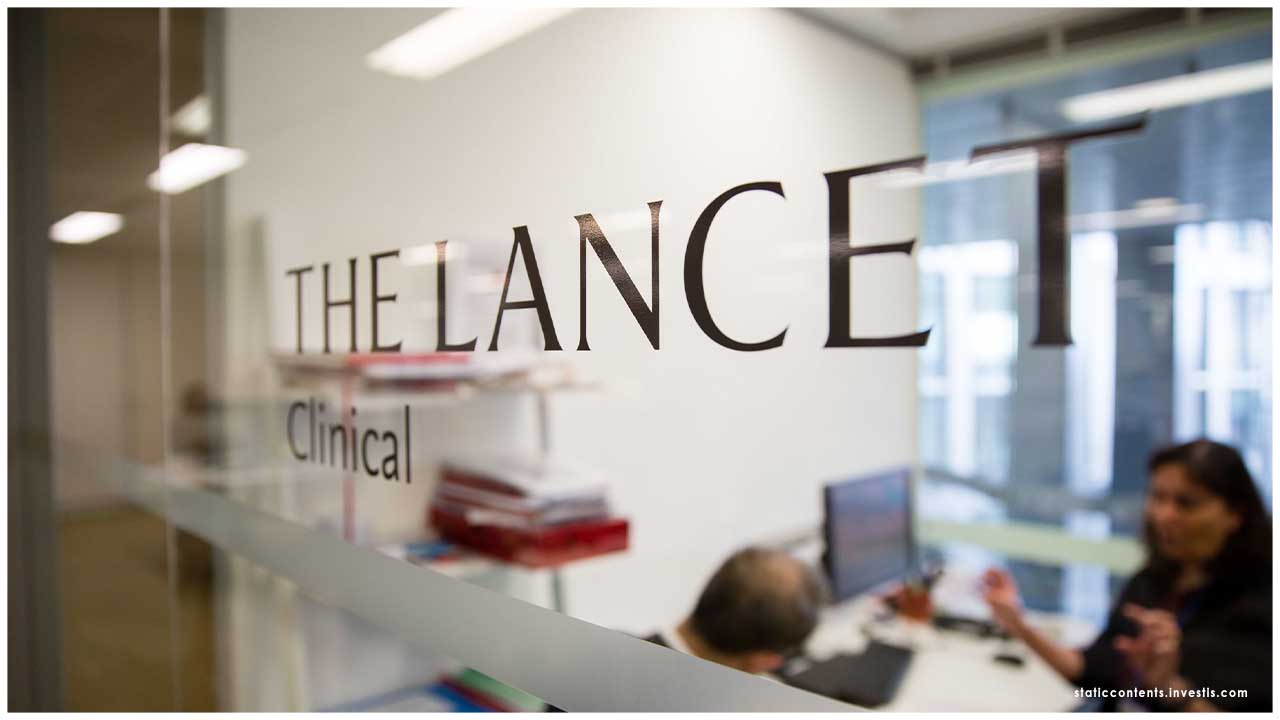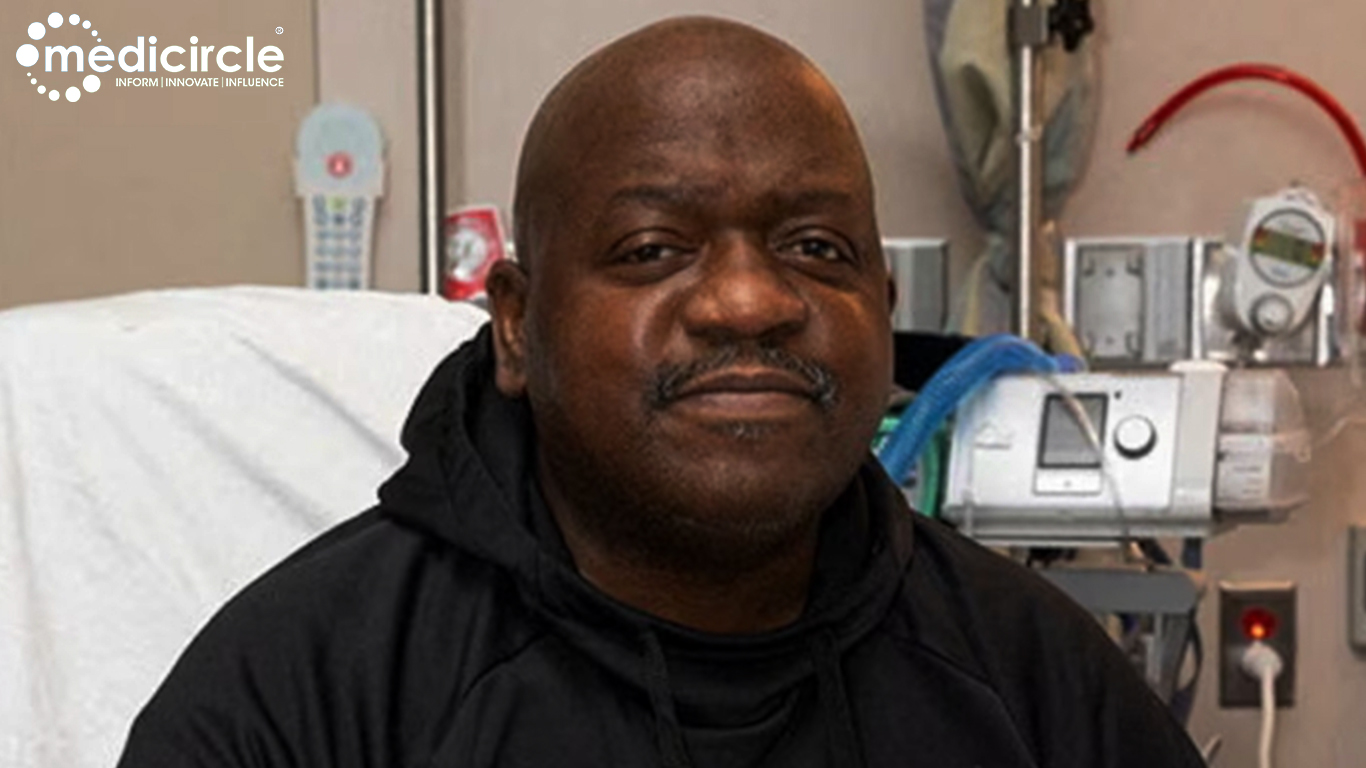The drug combination lopinavir-ritonavir is not an effective treatment for patients admitted to hospital with COVID-19, according to the results of a randomised controlled trial published in The Lancet.
Many clinical care guidelines have recommended lopinavir-ritonavir – an antiviral medication approved to treat HIV/AIDS – for the treatment of patients hospitalised with COVID-19. However, these guidelines should now be updated, authors say.
The Randomised Evaluation of COVid-19 thERapY (RECOVERY) trial, underway at 176 UK hospitals, is the first large-scale randomised clinical trial to report the effects of lopinavir-ritonavir in patients admitted to hospital with COVID-19.
Professor Martin Landray from the Nuffield Department of Population Health at the University of Oxford, UK, who co-leads the RECOVERY trial, said: “Treatment of COVID-19 with the drug combination lopinavir–ritonavir has been recommended in many countries. However, results from this trial show that it is not an effective treatment for patients admitted to hospital with COVID–19.”
“Since our preliminary results were made public on June 29, 2020, the World Health Organization has halted lopinavir-ritonavir treatment groups involved in its SOLIDARITY trial and reported that their interim results are in line with those presented here.” [1]
Between March 19 and June 29, 2020, 1,616 patients in the RECOVERY trial were randomised to receive lopinavir-ritonavir while 3,424 patients received usual care alone. Those on lopinavir-ritonavir received 400 mg of lopinavir and 100 mg of ritonavir by mouth every 12 hours for 10 days or until discharge, if sooner. The primary outcome was 28-day all-cause mortality.
Findings from the trial indicate that using lopinavir-ritonavir to treat patients hospitalised with COVID-19 does not reduce deaths within 28 days of treatment beginning. 23% (374/1,616 patients) who received lopinavir-ritonavir and 22% (767/3,424 patients) allocated to usual care died within 28 days.
Professor Peter Horby, from the Nuffield Department of Medicine at the University of Oxford, UK, co-Chief Investigator of the RECOVERY trial, said: “The result from the RECOVERY trial is clear. When combined with findings from an earlier, smaller trial and with the WHO interim results, this provides strong evidence that lopinavir-ritonavir is not an effective treatment for patients hospitalised with COVID-19.”
“Whilst it is disappointing that there was no significant benefit from lopinavir-ritonavir for patients in the hospital, these findings have allowed us to focus our efforts on other promising treatments, and have informed the way in which individual patients are treated.”
The authors also found that lopinavir-ritonavir did not reduce the length of patients’ hospital stay, with 69% (1,113/1,616 patients) in the lopinavir-ritonavir group leaving the hospital within 28 days, compared with 70% (2,382/3,424 patients) of those receiving usual care. Both groups had a median stay of 11 days.
No significant difference was observed in the risk of needing to be placed on a ventilator, with 10% (152/1,556 patients) of those in the lopinavir-ritonavir group needing ventilation, compared with 9% (279/3,280 patients) in those receiving usual care.
Results were consistent across all patient subgroups – including age, sex and ethnicity – with no evidence of any benefit from lopinavir-ritonavir treatment.
The authors note that few patients who had undergone intubation – insertion of a tube into the airway to aid breathing using a ventilator – took part in the trial due to difficulties in giving the treatment to patients who could not swallow, and so it is not possible to draw conclusions about the effectiveness of lopinavir-ritonavir for mechanically ventilated patients.
Results from the large-scale RECOVERY clinical trial – combined with findings from an earlier, smaller trial and with the WHO interim results – provide strong evidence that lopinavir-ritonavir is not an effective treatment for patients hospitalised with COVID-19, and clinical care guidelines should be updated accordingly.

 Antiviral drugs are under lens for their effectiveness
Antiviral drugs are under lens for their effectiveness


























.jpeg)






